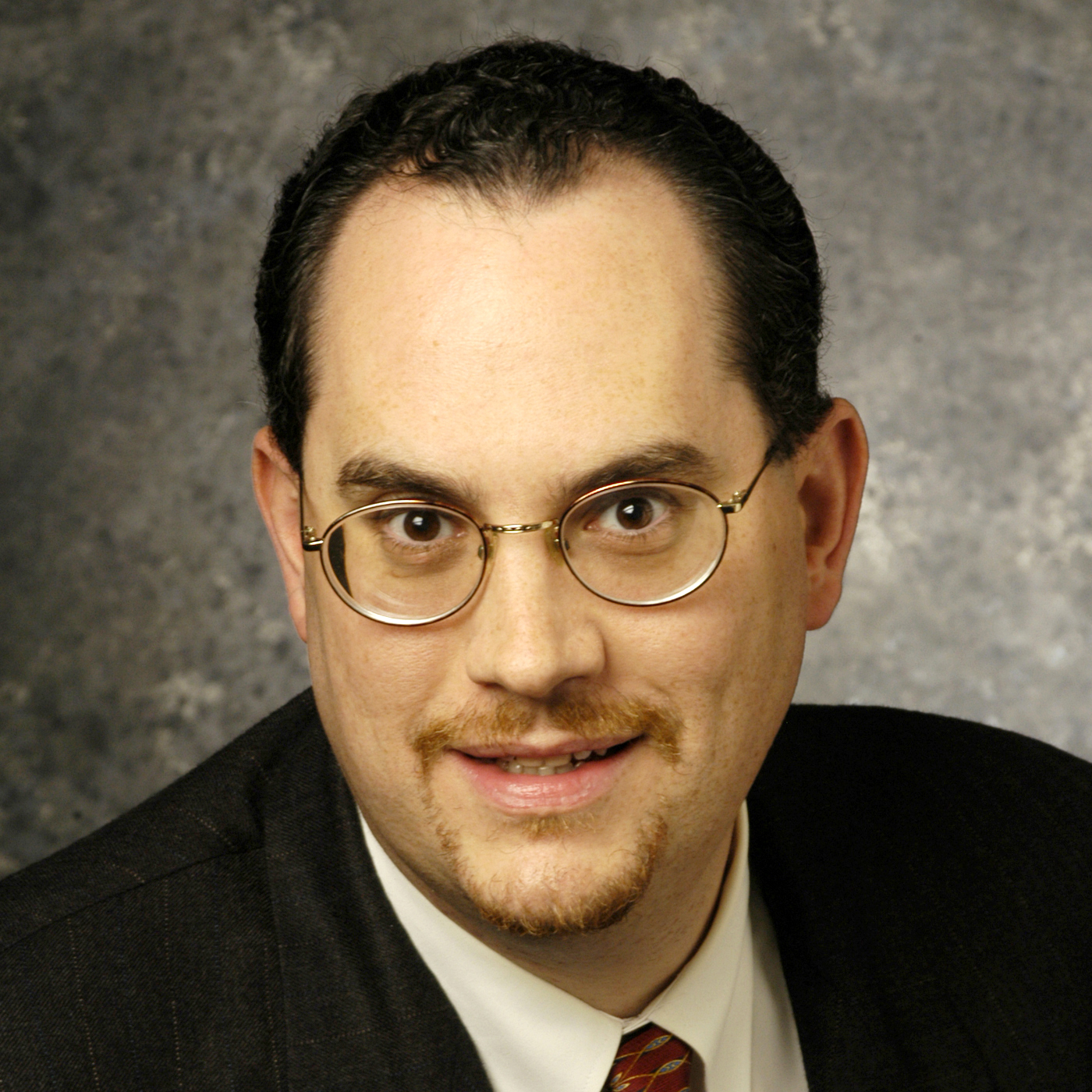Expect Clinton, Sanders to accept their fates
SMU experts are available for interview on all things debatable in connection with Sunday’s prime time matchup between Bernie Sanders and Hillary Clinton.
| SANDERS, THE GOOD DEMOCRATIC SOLDIER | |
|
Sanders may have won several states on Super Tuesday, but Clinton captured the lion’s share. As a result, Wilson expects Sunday’s debate to be the most civil of the cycle as both candidates begin to accept the reality that Clinton will almost certainly be the Democratic Party’s presidential nominee. “At the end of the day, Sanders will be a good soldier,” Wilson says. “He hates Republicans a lot more than he dislikes Hillary. If only Republicans could be so lucky to have people with that level of party loyalty and ‘eyes on the prize’ discipline that Sanders has demonstrated. Instead of sharp exchanges, I expect more of a focus on what’s wrong with the Republicans from both Sanders and Clinton.” Wilson is an SMU associate professor of Political Science who can discuss:
|
|
| HILLARY’S ‘WHITE PEOPLE PROBLEM’ |
|
|
Minority outreach has long been the name of the game in presidential politics, but this election cycle, Clinton might be facing a very different kind of problem. Where are her white supporters? “That is such a delicate thing to manage,” Voth says. “I don’t think there’s any doubt there’s an angry white population behind Donald Trump. One of the interesting things from Tuesday is that Trump’s best state was Massachusetts, where he had 49% of the vote, which is the closest he’s come to a majority and a place where people can cross party lines to vote. There’s something really odd going on with disaffected Democrats and Trump, especially in the northeast, and Hillary needs to do something about it.” Clinton’s big wins thus far have come in the south, where she wins the African-American vote by as much as 80 percent. Her success in primarily white electorates has been wobbly – especially in New England. “She needs to frame an argument around dialogue that reassures whites that they come with some capacity to speak to the conversation on race and not just be lectured or talked down to, But that’s a really hard argument to frame,” Voth says. “There’s definitely something rumbling up there that could be significant. Hillary does not want to be vulnerable in the northeast.” Voth is SMU’s director of debate and an associate professor of corporate communications and public affairs who can discuss:
|
|
| EXPECT CLINTON TO PIVOT TO GENERAL ELECTION AUDIENCE | |
|
With the Democratic race nearly resolved and the Republican race embroiled in turmoil, Martin says it’s time for Clinton to set her targets on the Republican field. “Hillary, as she did in her speech Tuesday night, will make a pretty strong pivot to the general election at this point,” Martin says. “Clinton will make sure she doesn’t get pulled more to the left than she absolutely has to. She now has lines in her speech like, ‘We have to make America whole again,’ which are aimed right at Trump, which is a good idea, because if she wants to defeat Trump, she has to take him seriously. The Republicans didn’t take Trump seriously from the start, and now he’s their likely nominee.” Martin is an SMU assistant professor of Communication Studies in the Meadows School of the Arts who can discuss:
|
|
| SUPER TUESDAY AND THE MONEY SPIGOT | |
|
The effects of Super Tuesday aren’t just felt in the delegate count, says Farrar-Myers, but often on campaign balance sheets as well. “Candidates who do poorly on Super Tuesday traditionally have problems raising funds afterward,” Farrar-Myers says. “This is definitely true on the Democrat’s side this election cycle. Donors lose confidence in their candidate’s ability to capture the nomination.” Due to the unconventional manner of this year’s Republican race, Farrar-Myers says no such drop in funding will be experienced by most of the remaining Republican candidates. “While the GOP candidates who finished out of the top three will have difficulty raising funds, given the volatile nature of the nomination process this cycle, Republican donors are holding firm in some cases to try and influence a process where the likely nominee is not favored by the national party,” Farrar-Myers says. Farrar-Myers is a senior fellow and director of the Tower Center Scholars Program who can discuss:
|
|



